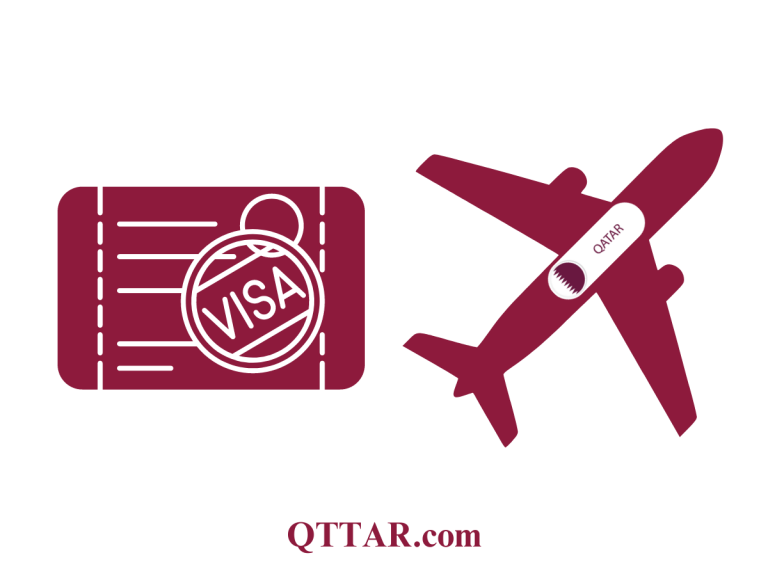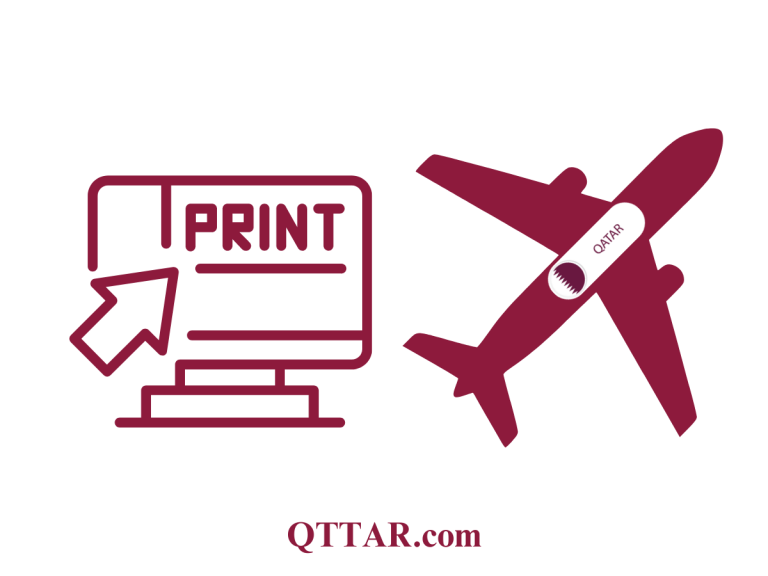Can I Leave Qatar Without Informing My Employer?
No, you cannot leave Qatar without informing your employer. If you do so, you will be banned from returning to work in Qatar for one year and may face financial penalties and legal consequences.
Understanding Qatar’s Labor Laws
Qatar’s labor laws have undergone significant reforms in recent years, aiming to protect workers’ rights and improve working conditions. These changes have impacted the procedures for leaving employment and exiting the country.
No-Objection Certificate (NOC) Requirement
Previously, workers needed a No-Objection Certificate (NOC) from their employer to change jobs or leave Qatar. However, recent amendments have removed this requirement for most workers.
Current Exit Procedures
While the NOC is no longer required, employees must still follow specific procedures when leaving their job or the country:
- Notify the employer through the Ministry of Labour’s electronic system
- Observe the required notice period
- Complete any necessary paperwork
- Settle any outstanding financial obligations
Notice Period Requirements
The notice period depends on the length of employment:
- For employment of two years or less: One month notice
- For employment of more than two years: Two months notice
Consequences of Leaving Without Proper Notification
Leaving Qatar without informing your employer can have serious repercussions:
One-Year Work Ban
If you leave Qatar without giving proper notification or completing your notice period, you will be unable to return to work in Qatar for one year.
Financial Penalties
You may be required to pay compensation to your employer, equivalent to your basic wage for the remaining part of the notice period.
Loss of End-of-Service Benefits
Departing without proper notification may result in the forfeiture of end-of-service gratuity and other benefits.
Legal Consequences
Employers may file a case against you for breach of contract, which could lead to legal complications if you attempt to return to Qatar in the future.
Proper Procedures for Leaving Qatar
To avoid penalties and ensure a smooth departure, follow these steps:
1. Submit Formal Resignation
Provide a written resignation letter to your employer, stating your intention to leave and your proposed last working day.
2. Observe Notice Period
Work through the required notice period as specified in your contract and Qatar labor law.
3. Settle Financial Obligations
Clear any outstanding debts or financial commitments with your employer and in Qatar.
4. Cancel Residence Permit
Ensure your employer cancels your residence permit (RP) before you leave.
5. Obtain Exit Permit (if applicable)
While most workers no longer need an exit permit, some categories of employees may still require one. Check with your employer or the Ministry of Interior for your specific case.
6. Collect End-of-Service Benefits
If eligible, collect your end-of-service gratuity and any other outstanding payments.

Special Considerations for Different Worker Categories
Domestic Workers
Domestic workers must inform their employers at least 72 hours before departure.
Government and Military Personnel
Some government and military employees may still require special permissions to leave the country.
Workers in Sensitive Positions
Employers can request that up to 5% of their workforce obtain prior approval before leaving due to the nature of their work.
Changing Jobs in Qatar
If you wish to change jobs within Qatar rather than leave the country, the process has been simplified:
- Notify your current employer through the Ministry of Labour’s electronic system
- Serve the required notice period
- Receive confirmation from the Ministry of Labour
- Begin work with your new employer
Employer’s Responsibilities
Employers also have obligations when an employee leaves:
- Process the employee’s resignation and cancel their work visa
- Pay all dues, including salary, end-of-service benefits, and unused leave
- Provide necessary documentation for the employee’s departure
- Cover repatriation costs, including a return air ticket
Leaving During Probation Period
Special rules apply if you wish to leave during your probation period:
- The probation period cannot exceed six months
- You must notify your employer through the Ministry’s electronic system
- The notice period should be agreed upon but cannot exceed two months
- If leaving to join another employer in Qatar, provide one month’s notice
- If leaving Qatar, provide two months’ notice
Rights and Protections for Workers
Qatar’s labor reforms have strengthened worker protections:
- Freedom to change jobs without employer permission
- Minimum wage requirements
- Improved working conditions and safety standards
- Establishment of labor dispute resolution mechanisms
Preparing for Departure: A Checklist
When leaving Qatar, ensure you complete the following tasks:
- Submit formal resignation (at least 1-2 months before departure)
- Give notice to landlord (if applicable)
- Inform bank and cancel credit cards
- Sell or ship personal belongings
- Cancel utilities and subscriptions
- Collect children’s school transfer certificates (if applicable)
- Arrange for pet relocation (if necessary)
- Obtain all necessary documents (passport, cancelled RP, exit permit if required)
Frequently Asked Questions
Can I leave Qatar if my employer refuses to cancel my visa?
While it’s not advisable, you can file a complaint with the Ministry of Labour if your employer refuses to cooperate with your departure procedures.
What happens if I overstay my visa after resigning?
Overstaying can result in fines, deportation, and a potential ban from re-entering Qatar. Always ensure your legal status is in order before your intended departure date.
Can my employer force me to stay if I want to leave?
No, your employer cannot force you to stay. However, you must follow the proper procedures and notice periods as outlined in Qatar’s labor law.
Do I need to pay for my own return ticket?
Generally, your employer is responsible for your repatriation costs, including a return air ticket, within two weeks of your contract expiration.
What if my employer withholds my passport?
Passport confiscation is illegal in Qatar. If your employer withholds your passport, you can file a complaint with the Ministry of Labour or the National Human Rights Committee.
Conclusion
While Qatar has made significant strides in improving labor laws and worker mobility, it remains crucial to follow proper procedures when leaving your job or the country. Failing to inform your employer can lead to serious consequences, including a one-year work ban and potential legal issues.
By understanding your rights and responsibilities, and following the correct steps, you can ensure a smooth transition whether you’re changing jobs within Qatar or departing the country altogether.
Remember, open communication with your employer, adherence to notice periods, and compliance with legal requirements are key to avoiding complications and maintaining good standing for potential future opportunities in Qatar.
Always consult the most up-to-date information from official sources, such as the Ministry of Labour or the Government Communications Office, as labor laws and regulations may continue to evolve.
Easiest schengen country for Qataris

Ammara Abdullah is an experienced writer and editor specializing in technology and digital trends. With over 5 years of experience, she produces insightful articles on emerging tech, consumer electronics, and digital culture. Ammara holds a degree in journalism and is passionate about making complex topics accessible to readers.






